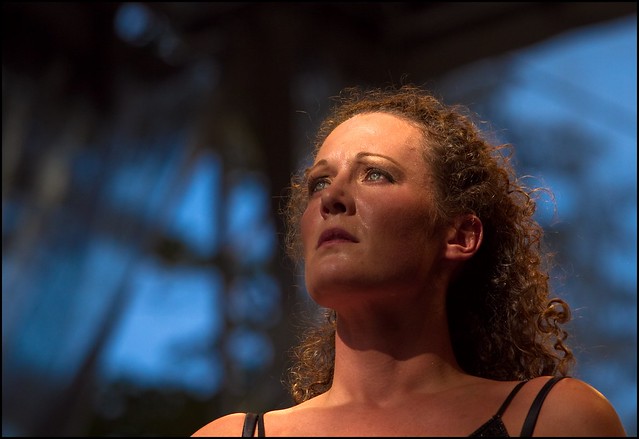Often, I’ve used the words “crazy” or “insane” in casual conversations to refer to situations I find scary, shocking or unbelievable. I grew up in a family where it was common speak, but recently noticed how often the term is attributed to women. I have seen jokes on Facebook and Twitter memes, like, “All girls are psychotic. You just need to find the one you can put up with.”
Why is showing your emotions is considered “crazy”? It’s because it’s become the norm in our society to act like we don’t have emotions. We’re encouraged to act like we don’t care. My younger cousins pointed me to an article that says the new dating rules include…”Don’t let people see you cry. Don’t act like you care about someone or have feelings for someone. Wait a certain amount of time to respond to a text message. Don’t ever say ‘I miss you’ or ‘I’m excited to see you.’ Talk about movies or the weather or your favorite food or what you did last weekend don’t ever talk about emotions or what you’re thinking. Because…you know…that’s considered ‘crazy.’”
“Crazy” is also used to describe the actions of what we don’t understand about people living with mental health conditions. Rather than using words to describe our concerns, crazy or alternately insane, are our society’s go-to words for conveying that something is frightening. It perpetuates a stigma around mental health issues and contributes to the “othering” of people living with mental illnesses. From a very young age, we learn to fear people with mental health issues. Cartoons, movies, music and even the press all subtly reinforce the message that people with mental health issues are dangerous. Public perceptions contribute to negative attitudes and stereotypes, which lead to stigmas and discrimination. Nearly one in five Americans suffer from mental health illness each year…some have been brave enough to share their challenges through the Women AdvaNCe Writers Collective.
I think courageous when people are not afraid to be themselves in a world that tells you to be emotionless. It takes strength to ask for help when one needs it- calling people “crazy” doesn’t help. I long for real conversations with those who are passionate. Talk to me about things that matter and, yes, even let people see you cry.
Our casual use of the words “crazy” and “insane” reinforces these negative stereotypes and encourages suffering in silence. So, this year I resolved to stop using the words “crazy” and “insane” and to challenge others around me to do that same. Instead, let’s find alternative words like “that’s unreal, that’s unbelievable or that’s wild” in order to reduce the stigma around showing emotion and mental health issues. #letsreplacecrazy
Antionette Kerr
Leadership Team
Women AdvaNCe



There are no comments
Add yours